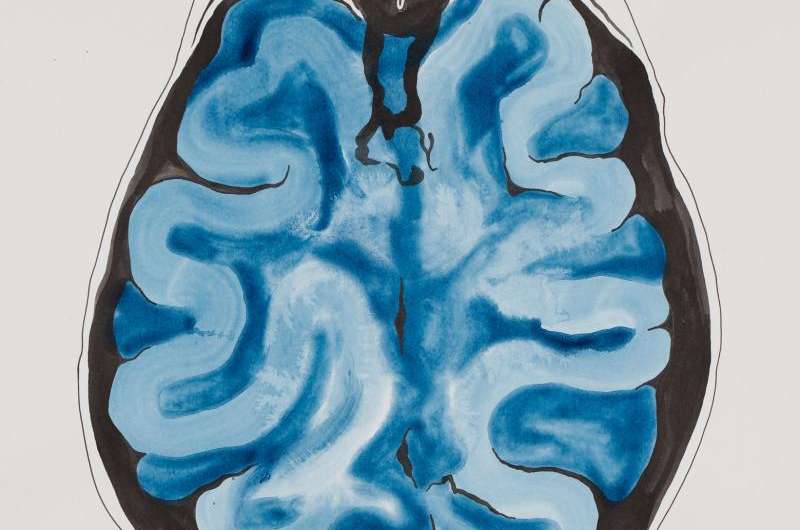Drug combination highlights potential new depression treatment

Scientists at our University have identified that a combination of two existing licensed drugs could be used as a potential new treatment for depression.
Current antidepressants, called SSRIs, increase the amount of serotonin in the brain although the exact mechanism by which they work is still unclear. However around 30-50 per cent of these patients do not respond to treatment, it can take several weeks before the drugs take effect, and many patients suffer significant side effects.
The team at Bath found that using a combination of buprenorphine (a painkiller used post-surgery) and naltrexone (a drug used for treating addiction) produced antidepressant-like responses in mice.
New hope for depression
This drug combination targets a different pathway in the brain so could offer hope for those for whom the SSRIs don't work.
Since both of these drugs have a proven safety record as they are already licensed for other conditions, the researchers believe this could reduce the time it would take to perform clinical trials and gain regulatory approval, so that patients can benefit from this new treatment sooner.
Dr Sarah Bailey, Senior Lecturer in the Department of Pharmacy & Pharmacology, explained: "Whilst SSRIs work for a lot of people, they can cause serious side effects and don't work for everyone.
"No new drugs for depression have been developed for decades – they all work in a similar way - so there's an urgent need to develop new treatments for this condition that affects around 4 million adults in the UK."

Buprenorphine reduces the patient's response to stress by blocking a receptor in the brain called the kappa opioid receptor. However it also stimulates a related receptor called the mu opioid receptor which could cause addictive effects if taken long term or used by depressed patients.
Combining naltrexone and buprenorphine
To counter this, the researchers used the anti-addiction drug naltrexone, which blocks the mu receptor. They found for the first time that in mice this combination gave an antidepressant effect.
Dr Bailey added: "Our study shows that using a combination of naltrexone and buprenorphine gives an antidepressant effect in mice, but without the problems of addiction that could be caused by using buprenorphine alone.
"Developing new drugs is a lengthy process, with lots of safety tests and trials to go through. These two drugs have already gone through that process individually, so we know they are safe. There still need to be further trials of the combination in humans, but the whole process of developing this as a new treatment would be greatly reduced."
Co-author Professor Steve Husbands added "It may be hard to deliver this combination in the clinic because of the properties of these drugs. We have also been working on changing the chemistry of buprenorphine so that it has the properties of this combination treatment in one molecule which should simplify drug delivery"
The team has published their findings in the Journal of Psychopharmacology.
More information: "Combined administration of buprenorphine and naltrexone produces antidepressant-like effects in mice." J Psychopharmacol 0269881115586937, first published on June 4, 2015 DOI: 10.1177/0269881115586937

















